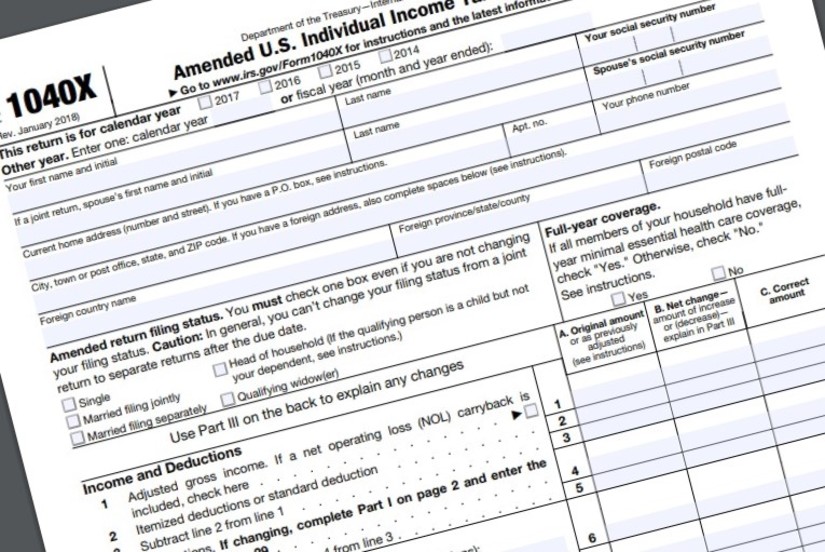What is Turnkey Investing? At its core, turnkey real estate investing is where you buy already rehabbed, tenant-filled, managed properties that are producing positive cash flow. A lot of the extra work that goes into real estate investing is cut […]
read more
Fannie Mae Reserve Requirements for Investors with Multiple Properties Owned
What Are Reserves? Reserves are liquid or near liquid assets that are available to a borrower after the mortgage closes. On every loan transaction, reserves are required to be verified as part of the approval process. Acceptable sources or reserves […]
read more
read more
Should You Lock Your Interest Rate Today IF You Are Building An Investment Property?
Highlands’ 1 Year Rate Lock Extended Program! Highlands Residential Mortgage is excited to share our newest way to help buyers in new construction. Our Extended Rate Cap Program will guarantee and protect your client’s interest rate for up to 360 […]
read more
read more
Is It Too Soon to Refinance My Mortgage Loan?
Mortgage rates have fallen a great deal this year and millions of homeowners as well as investors might benefit by refinancing even if they bought a home just last year. Mortgage rates moved lower last week even though the broader bond market […]
read more
read more
Single Member or Joint Member LLC?
A Limited Liability Company (LLC) is an entity created by state statute. Depending on elections made by the LLC and the number of members, the IRS will treat an LLC either as a corporation, partnership, or as part of the owner's tax return (a "disregarded [...]
read more
What is NOI in Real Estate?
NOI in real estate is one of several metrics used by investors to determine how profitable a property is. Most frequently, net operating income is a benchmark used by investors to determine the amount of cash flow and profitability of a potential [...]
read more
IRS Revenue procedure regarding Section 199A, it affects you and how you calculate your taxes.
Once again IRS revenue procedures have been updated. In this case, the changes relate to businesses. These savings may be garnered with an additional deduction of up to 20% of the taxpayers qualified business income, for non-corporate taxpayers, operating through […]
read more
read more













